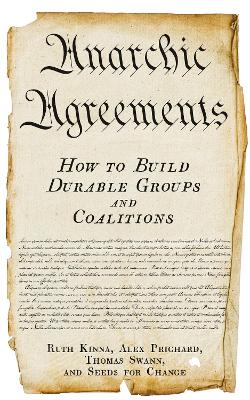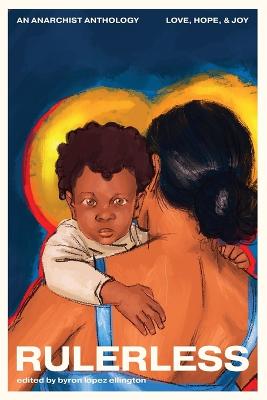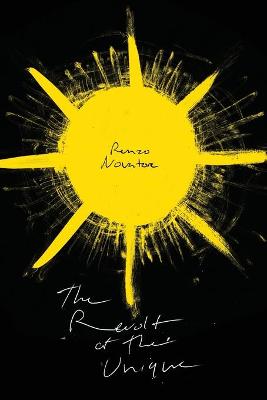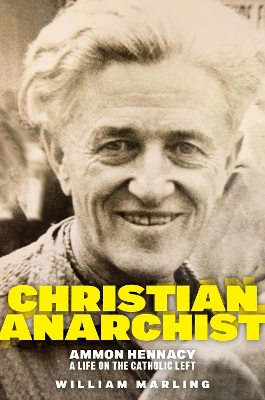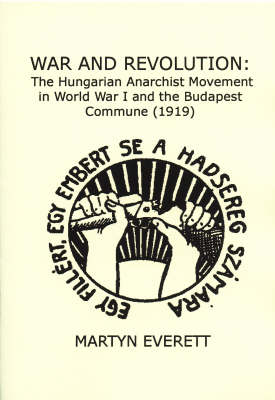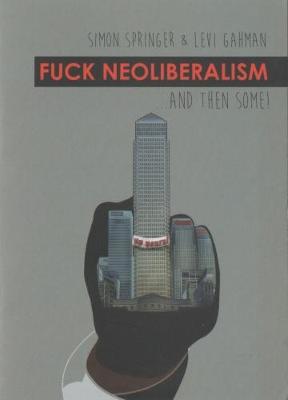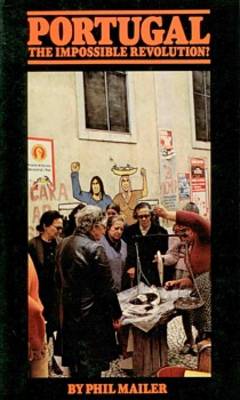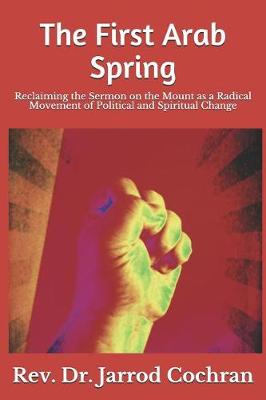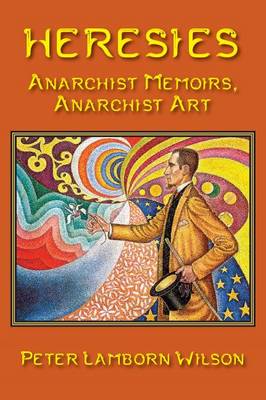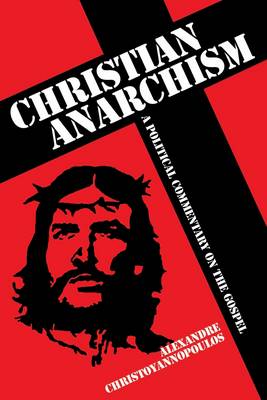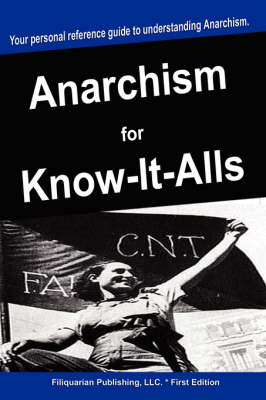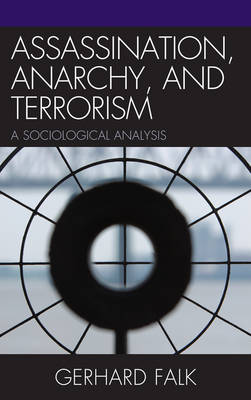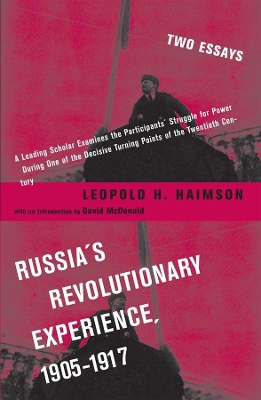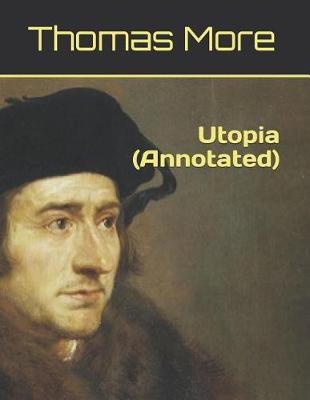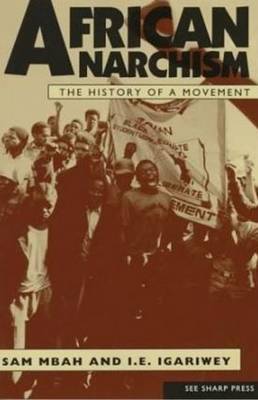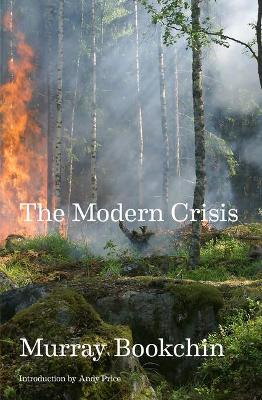Anarchic Agreements
by Ruth Kinna, Alex Prichard, Thomas Swann, and Seeds for Change
A biography of a remarkable figure, whose politics prefigured today's social justice, ecology, and gender equality movements Ammon Hennacy was arrested over thirty times for opposing US entry in World War 1. Later, when he refused to pay taxes that support war, he lost his wife and daughters, and then his job. For protesting the bombing of Hiroshima and Nagasaki, he was hounded by the IRS and driven to migrant labor in the fields of the West. He had a romance with Dorothy Day, founder of the Ca...
Anarchism (Beginner's Guides) (Bolinda Beginner Guides)
by Ruth Kinna
In this clear and penetrating study, Ruth Kinna goes directly to the heart of this controversial ideology, explaining the influences that have shaped anarchism and the different tactics and strategies that have been used by anarchists throughout history to achieve their ends. Kinna covers themes both historical and acutely contemporary, including: Could anarchy ever really be a viable alternative to the state? Can anarchist ideals ever be consistent with the justification of violence? How has an...
Alternatives to Democracy in Twentieth-Century Europe: Collectivist Visions of Modernity, examines the historical examples of Soviet Communism, Italian Fascism, German Nazism, and Spanish Anarchism, suggesting that, in spite of their differences, they had some key features in common, in particular their shared hostility to individualism, representative government, laissez faire capitalism, and the decadence they associated with modern culture. But rather than seeking to return to earlier ways of...
Christian anarchism has been around for at least as long as "secular" anarchism. The existing literature cites Leo Tolstoy as its most famous (sometimes even as the only) proponent, but there are many others, such as Jacques Ellul, Vernard Eller, Dave Andrews or the people associated with the Catholic Worker movement. Both individually and collectively, these Christian anarchists offer a compelling critique of the state, the church and the economy based on numerous passages from the New Testamen...
One Step Beyond
This book is a detailed description of the history and practice of assassinations worldwide. Gerhard Falk chronicles the assassinations of political leaders and other prominent people and includes the names of the assassins and their motives. In particular, this book shows how anarchists in Europe and America fueled the flames of hatred and discontent on both continents, mainly among the poor. Assassination, Anarchy, and Terrorism records the writings of such major anarchists as Proudhon, Bakuni...
The assertion of a working-class movement, the brutal suppression of a miners' strike, a collapsing Duma, and shrewd political maneuverings all led to the Bolshevik revolution and the fall of Imperial Russia. The eminent historian Leopold Haimson examines these radical shifts in political power and class identity in late Imperial Russia, offering new perspectives on crucial revolutionary figures and the events leading up to the Russian Revolution. The book focuses on two pivotal, interrelated de...
The Ego and His Own (Living Time World Thought, #8) (Living Time Thought, #7)
by Max Stirner
The Ego and His Own, the seminal defence of individualism, coloured the thinking of Friedrich Nietzsche, Max Ernst, Henrik Ibsen and Victor Serge, among many others, some of whom would vigorously deny any such influence in later years. Less reticent was Marcel Duchamp, who described Max Stirner as the philosopher most important to his work. Challenging the religious, philosophical and political constraints on personal freedom, Stirner criticizes all doctrines and beliefs that place the interest...
